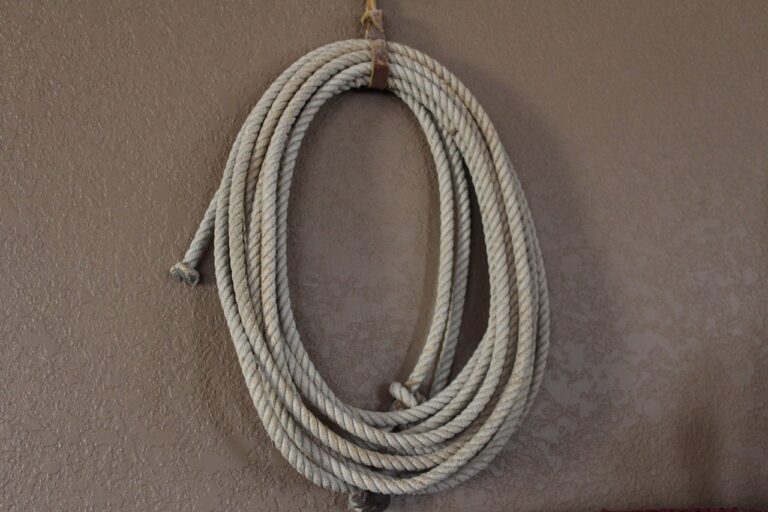Exploring the World of Sustainable and Ethical Wedding Dresses
When it comes to creating wedding dresses, designers are increasingly turning towards sustainable materials to lessen the industry’s environmental impact. Fabrics like organic cotton, bamboo, hemp, and Tencel are becoming popular choices due to their eco-friendly properties. These materials not only reduce the carbon footprint of the dress but also offer a luxurious feel and appearance.
In addition to natural fibers, recycled materials such as polyester made from plastic bottles and reclaimed lace are being utilized in the creation of wedding dresses. By repurposing these materials, designers are able to give new life to discarded items while contributing to a more sustainable fashion industry. Embracing these innovative materials is a step towards a greener future for the wedding dress industry.
Ethical Production Practices in the Wedding Dress Industry
When it comes to ethical production practices in the wedding dress industry, transparency and accountability are key factors. Brands that prioritize these values often provide detailed information about their manufacturing processes, ensuring that workers are treated fairly and paid a living wage. By choosing to support these ethical brands, consumers can help promote better working conditions for garment workers around the world.
Additionally, sustainable materials are an important aspect of ethical production practices in the wedding dress industry. Eco-friendly fabrics such as organic cotton, bamboo silk, and recycled polyester are becoming more popular choices for brides looking to reduce their environmental impact. By opting for dresses made from these sustainable materials, individuals can contribute to a greener and more responsible fashion industry.
Brands that prioritize transparency and accountability provide detailed information about their manufacturing processes
Consumers can help promote better working conditions for garment workers by supporting ethical brands
Sustainable materials like organic cotton, bamboo silk, and recycled polyester are becoming more popular choices in the wedding dress industry
Choosing dresses made from sustainable materials can contribute to a greener and more responsible fashion industry
Impact of Fast Fashion on Wedding Dress Sustainability
Fast fashion has undoubtedly revolutionized the clothing industry, offering consumers trendy and affordable apparel at a rapid pace. However, this quick turnaround comes at a significant cost to the environment and ethical labor practices. When it comes to wedding dresses, the impact of fast fashion is equally concerning, with the drive for constant newness leading to an increase in waste and carbon emissions.
The pressure to keep up with rapidly changing bridal trends pushes brides towards purchasing multiple dresses for different wedding events, leading to an excessive consumption of resources. The demand for cheap and disposable wedding dresses fuels a cycle of overproduction and overconsumption, contributing to the already substantial environmental footprint of the fashion industry. As brides seek to emulate the ever-changing styles promoted by fast fashion retailers, the true cost of their wedding dress may extend far beyond its price tag.
What are some sustainable materials used in wedding dresses?
Sustainable materials used in wedding dresses include organic cotton, bamboo fabric, Tencel, and recycled polyester.
How can ethical production practices benefit the wedding dress industry?
Ethical production practices such as fair wages, safe working conditions, and transparent supply chains can help reduce the negative impact of the fashion industry on the environment and communities.
What is the impact of fast fashion on wedding dress sustainability?
Fast fashion contributes to environmental degradation, exploitation of workers, and the overconsumption of resources, leading to a lack of sustainability in the wedding dress industry.







